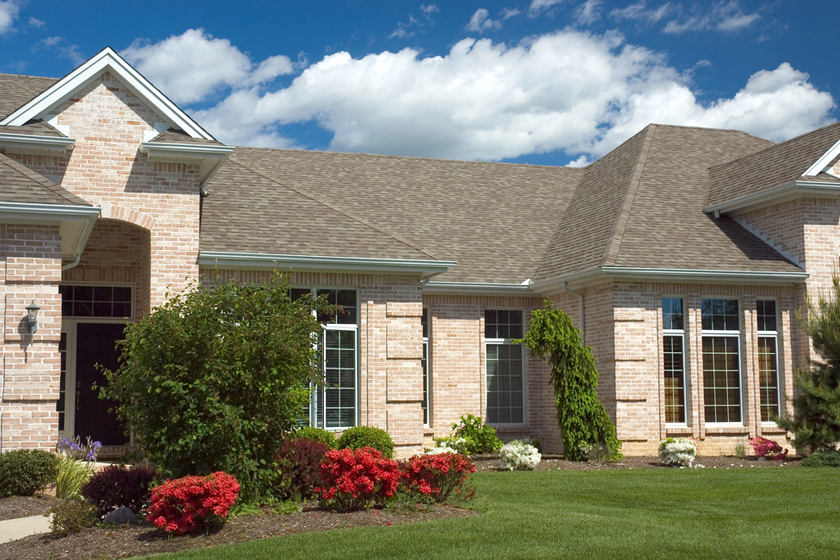Asphalt shingles have earned their place as a dependable roofing option due to their affordability, straightforward installation, and durability. However, the thickness of these shingles plays a vital role in how well they perform. From withstanding harsh weather to improving energy efficiency, understanding asphalt shingle thickness can help you make informed decisions for your home.
Types of Asphalt Shingles and Their Thickness
There are three main types of asphalt shingles, each with unique thickness levels and characteristics. Knowing these differences can guide you in choosing the right fit for your roofing needs.
- 3-Tab Shingles
3-tab shingles are the most basic option. They are about 1/8 inch thick and consist of a single layer of material. These shingles are cost-effective but offer less durability compared to thicker alternatives. Their flat, uniform appearance suits simple designs, but their thinner profile makes them less resistant to severe weather like high winds or hail.
- Architectural Shingles
Architectural shingles, also called dimensional shingles, have a thickness ranging from 3/10 to 1/2 inch. They are thicker and heavier than 3-tab shingles, offering improved wind resistance and a more dynamic look. Their layered construction enhances durability and helps them hold up well in harsher climates. These shingles are a popular choice for homeowners seeking both functionality and a visually appealing roof.
- Luxury Shingles
Luxury shingles are the thickest type, exceeding the dimensions of architectural shingles. They mimic the appearance of slate or wood shakes, adding an elegant touch to homes. Their increased thickness offers superior resistance to impacts and harsh weather, making them a premium choice for long-term performance.
How Thickness Affects Performance
The thickness of asphalt shingles directly influences several important aspects of roofing performance.
Durability in Harsh Conditions
Thicker shingles are more resilient against high winds, heavy rain, and hail. They reduce the likelihood of damage from flying debris and wear less over time, leading to fewer repairs. This makes them a reliable option for homeowners in areas prone to unpredictable weather.
Energy Efficiency and Insulation
Asphalt shingle thickness also contributes to insulation. Thicker shingles help reduce heat transfer between the roof and the home, keeping the interior cooler in summer and warmer in winter. This can improve energy efficiency and may even lower heating and cooling costs over time.
Adherence and Wind Resistance
Heavier shingles adhere more effectively to the roof deck, making them less prone to lifting during storms. This added weight improves wind resistance, which is especially beneficial in regions where storms and strong gusts are common.
Selecting the Right Thickness for Your Roof
When choosing asphalt shingles, consider the climate, budget, and structural capacity of your roof. Homeowners in Maine, for example, often benefit from thicker architectural or luxury shingles due to the region’s variable weather conditions. Consulting asphalt roofing contractors in Maine can help determine the best option for your specific needs.
Budget is another important factor. While thicker shingles offer better performance and longevity, they typically come at a higher upfront cost. Additionally, heavier shingles may require a roof structure capable of supporting their weight. A professional assessment of your roof can help address these concerns and guide your decision.
Trust Monastery Roofing for Your Asphalt Roofing Needs
At Monastery Roofing, we know how important it is to choose the right materials for your home. With 15 years of experience, our team specializes in installing and replacing asphalt roofs. We work closely with homeowners to recommend the best options based on your needs, budget, and Maine’s unique climate.

